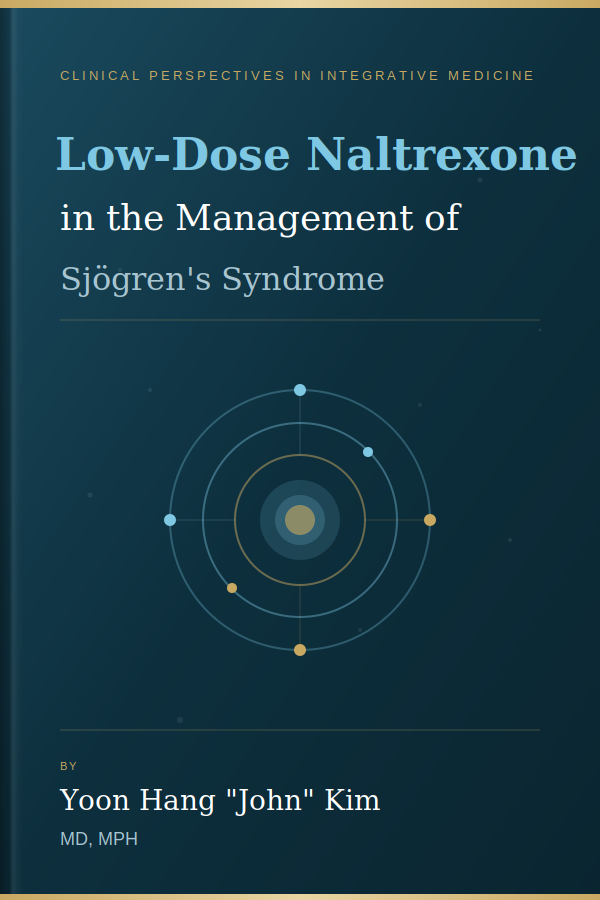A Comparative Analysis of Nutrient Profiles in Fresh Versus Frozen Berries: Focus on Vitamins and Polyphenols
- John Kim

- Sep 26, 2025
- 2 min read

Introduction
Berries—such as blueberries, strawberries, and raspberries—are celebrated for their dense nutrient content, providing benefits like antioxidant support, cardiovascular protection, and anti-inflammatory effects. Key nutrients include vitamin C and polyphenols, bioactive compounds with potent antioxidant properties.
A common question among health-conscious consumers is: Are fresh berries more nutritious than frozen ones? Or does freezing preserve—or even enhance—their nutritional value? This article reviews scientific evidence comparing fresh vs frozen berries, focusing on vitamins and polyphenols, to help guide informed dietary choices.
Vitamins in Fresh vs. Frozen Berries
Water-soluble vitamins, especially vitamin C (ascorbic acid), are highly sensitive to heat, oxygen, and time. Fresh berries are often harvested at peak ripeness, but losses can occur during transport, storage, and refrigeration, with some vitamins degrading up to 50% within days.
Frozen berries, processed soon after harvest and rapidly frozen at around -20°C, retain nutrient integrity by halting enzymatic activity. Studies show frozen berries often have vitamin levels equal to or higher than fresh berries, particularly when fresh berries are stored for several days.
A two-year study analyzing vitamin C, provitamin A (trans-β-carotene), and folate in blueberries and strawberries found no significant differences between fresh, refrigerated, and frozen forms.
Frozen produce sometimes outperforms fresh-stored berries, highlighting nutrient loss during typical consumer storage.
Frozen blueberries and strawberries have been shown to maintain high vitamin C content, often matching or exceeding fresh varieties.
Polyphenols in Fresh vs. Frozen Berries
Polyphenols, including anthocyanins, flavonoids, and phenolic acids, are central to the health-promoting effects of berries. While relatively stable, polyphenols can degrade with prolonged exposure to air, light, and heat.
Freezing is highly effective for preserving polyphenols:
Studies comparing total phenolics in fruits and vegetables, including blueberries and strawberries, found no significant differences between refrigerated fresh and frozen storage.
Frozen berries may even contain higher polyphenol levels than stored fresh berries, as freezing prevents enzymatic breakdown over time.
Long-term frozen storage (up to four months) does not significantly affect polyphenols or color, ensuring sustained antioxidant capacity.
Processing and Storage: Impact on Nutrient Retention
Although freezing involves initial blanching, which may cause minor nutrient leaching, overall retention of vitamins and polyphenols is typically better than that of fresh berries stored for extended periods.
Frozen fruits and vegetables are nutritionally comparable to fresh, with occasional advantages in antioxidant content, including polyphenols and vitamin C.
For out-of-season consumption, frozen berries often surpass imported fresh berries in nutritional quality due to minimal post-harvest degradation.
Factors affecting nutrient retention include harvest timing, processing quality, and storage duration. Local, in-season fresh berries consumed promptly may offer a slight advantage, but for most consumers, frozen berries are a reliable, convenient, and nutrient-dense option.
Conclusion
Scientific evidence shows that frozen berries are not nutritionally inferior to fresh berries. In many cases, frozen varieties may even be superior, especially when considering real-world storage and distribution. Consumers can confidently include frozen berries in their diets for year-round access to antioxidant-rich, vitamin-packed foods.
Future research may clarify varietal differences and optimal processing techniques, helping maximize the health benefits of both fresh and frozen berries.


Comments